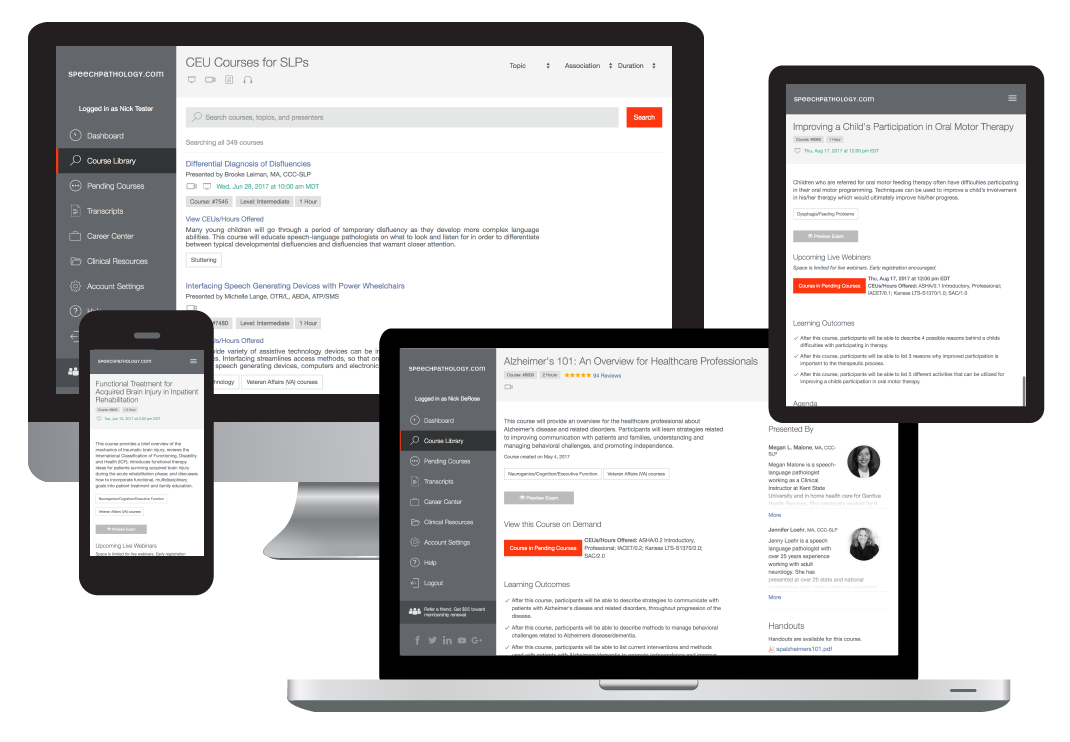Maintaining optimal health requires regular monitoring of key health indicators, such as cardiovascular and gastrointestinal systems. PulseColon Essential Checkups provide a specialized approach to health assessments, focusing on the health of your pulse (cardiovascular system) and colon (gastrointestinal system). By combining these two critical areas, this checkup service aims to detect potential issues early and provide a detailed picture of your overall well-being. In this guide, we will explore the benefits of PulseColon Essential Checkups, what they involve, and why you should consider incorporating them into your health regimen.
What Are PulseColon Essential Checkups?
PulseColon Essential Checkups are comprehensive health assessments designed to monitor two essential aspects of your body: the pulse (cardiovascular health) and colon (gastrointestinal health). These checkups go beyond the typical annual checkup and focus on detecting potential issues related to heart disease, arrhythmias, gastrointestinal disorders, and even cancer.
This specialized checkup service combines diagnostic tests and screenings to provide a holistic view of your cardiovascular and digestive health. Regular monitoring of these systems can help catch issues before they become life-threatening and ensure that you take proactive steps to manage any health concerns.
Why Are PulseColon Essential Checkups Important?
Prevention is better than cure. While many people only seek medical attention when symptoms arise, PulseColon Essential Checkups are focused on prevention. Cardiovascular and gastrointestinal diseases, such as heart disease, stroke, colon cancer, and irritable bowel syndrome (IBS), can develop silently over time, often without noticeable symptoms in the early stages. By identifying potential problems early, you can take steps to prevent them from becoming more severe.
Additionally, these checkups help:
- Detect issues early: Early detection of diseases like heart disease and colon cancer can drastically improve treatment outcomes.
- Prevent complications: Timely interventions can prevent complications that may arise from untreated cardiovascular or gastrointestinal conditions.
- Offer peace of mind: Regular checkups ensure you have a clear understanding of your health, offering reassurance and confidence.
Key Components of PulseColon Essential Checkups
PulseColon Essential Checkups are made up of a series of tests and evaluations designed to assess both cardiovascular and gastrointestinal health. Below, we discuss the key components of these checkups.
Pulse Health Evaluation
Pulse health refers to the function and condition of your cardiovascular system, including your heart and blood vessels. A healthy pulse is essential for maintaining good overall health. If your pulse rate is irregular or your blood vessels are compromised, it can lead to serious health issues. Key tests for pulse health include:
- Heart Rate Monitoring: Regular heart rate checks can reveal abnormalities like arrhythmias or other heart conditions.
- Blood Pressure Measurement: High blood pressure is often referred to as a “silent killer” because it can cause damage without noticeable symptoms. Blood pressure checks are essential for detecting hypertension.
- Electrocardiogram (ECG): An ECG records the electrical activity of the heart, helping doctors identify any irregular rhythms or abnormalities in heart function.
- Pulse Wave Velocity Test: This test measures the stiffness of your arteries, which can indicate an increased risk for cardiovascular disease.

Colon Health Assessment
The colon is a crucial part of the digestive system, responsible for absorbing water and processing waste. Colon health is often neglected, but regular checkups are necessary to detect conditions such as colorectal cancer, inflammatory bowel disease (IBD), and irritable bowel syndrome (IBS). Key tests for colon health include:
- Colonoscopy: A procedure that allows doctors to view the inside of the colon and identify any abnormalities, such as polyps or tumors.
- Fecal Occult Blood Test (FOBT): A test that detects hidden blood in the stool, which can be a sign of colon cancer.
- Stool Analysis: Stool tests help identify infections, parasites, or conditions like IBS and Crohn’s disease.
- Imaging Tests (CT, MRI): Advanced imaging technologies are sometimes used to obtain a clearer view of the colon and its condition.
How PulseColon Essential Checkups Benefit You
PulseColon Essential Checkups offer numerous benefits for individuals seeking to improve and maintain their overall health. These benefits include:
1. Early Detection of Serious Health Conditions
Many cardiovascular and gastrointestinal diseases develop gradually and may not show symptoms until they become severe. PulseColon Essential Checkups allow for the early identification of conditions like heart disease and colon cancer, giving you a better chance for successful treatment.
2. Comprehensive Health Monitoring
Unlike standard checkups that focus on only one aspect of health, PulseColon Essential Checkups provide a full view of both cardiovascular and gastrointestinal health. This comprehensive monitoring helps ensure that no potential issues are overlooked.
3. Personalized Health Advice
Based on the results of your checkups, healthcare providers can offer personalized advice and treatment options. This may include lifestyle changes, medications, or further diagnostic tests to address any identified issues.
4. Prevention and Long-Term Health Management
Regular monitoring of heart and colon health can help you make informed decisions to maintain a healthy lifestyle. Whether it’s improving your diet, exercising more, or starting medications, taking preventive measures early can significantly reduce the risk of serious health complications down the road.
Who Should Consider PulseColon Essential Checkups?
While everyone can benefit from PulseColon Essential Checkups, certain groups of people should prioritize these checkups to ensure they are staying ahead of potential health risks.
- Individuals Over 40: As we age, the risk of cardiovascular and colon diseases increases. Regular checkups become more crucial in your 40s and beyond.
- People with a Family History of Heart Disease or Cancer: If you have a family history of heart disease, colon cancer, or other gastrointestinal conditions, you may be at higher risk.
- Individuals with Symptoms of Cardiovascular or Gastrointestinal Problems: If you are experiencing symptoms like chest pain, shortness of breath, digestive issues, or changes in bowel habits, PulseColon Essential Checkups can help identify underlying causes.
- Health Enthusiasts: Even if you feel perfectly healthy, regular checkups can help you stay on top of your well-being and catch any potential issues early.
What to Expect During PulseColon Essential Checkups
The process for PulseColon Essential Checkups is straightforward and non-invasive, though it may vary depending on the specific tests being conducted. Here’s what you can generally expect:
- Consultation: A healthcare provider will conduct an in-depth consultation to understand your medical history, lifestyle, and symptoms (if any).
- Cardiovascular Tests: These may include heart rate monitoring, blood pressure checks, ECG, and pulse wave velocity tests.
- Colon Health Evaluation: This typically includes a colonoscopy, stool analysis, and possibly an imaging test to evaluate the condition of the colon.
- Follow-Up: After completing the tests, your doctor will review the results with you and discuss any necessary treatments or lifestyle changes.

Conclusion
PulseColon Essential Checkups provide an invaluable service for individuals looking to maintain their health and detect potential issues early. With a focus on both cardiovascular and gastrointestinal health, these checkups offer a comprehensive approach to monitoring and managing key aspects of your well-being. By prioritizing prevention and early detection, PulseColon Essential Checkups can help ensure that you lead a healthier, more fulfilling life. Whether you are looking for reassurance, early intervention, or personalized health advice, these checkups are an essential part of a proactive health management plan.
FAQs About PulseColon Essential Checkups
1. How often should I have PulseColon Essential Checkups?
It’s recommended to get PulseColon Essential Checkups annually, particularly if you are over 40 or have a family history of heart disease or colon cancer.
2. Are these checkups painful?
Most tests involved in PulseColon Essential Checkups are non-invasive and painless. However, some procedures like colonoscopies may cause minor discomfort, but sedation is usually provided.
3. Can PulseColon Checkups detect cancer early?
Yes, these checkups can help detect conditions like colon cancer at an early stage, improving treatment outcomes.
4. Do I need to fast before the tests?
In some cases, fasting may be required before certain tests, such as a colonoscopy. Your healthcare provider will provide detailed instructions on how to prepare.
5. Are PulseColon Checkups covered by insurance?
Coverage depends on your insurance plan. It’s best to check with your provider to confirm if these checkups are covered.
Also Read :
- Duaction – Understanding the Concept, Benefits, and Future of Dual Education!
- XtraMath.org – Mastering Math Facts for Lifelong Success!
- Wachappe – Understanding the Concept, Meaning, and Digital Curiosity!
- GM Socrates – Meaning, Context, and Growing Interest!
- Konversky – Concept, Purpose, and Growing Digital Relevance!





